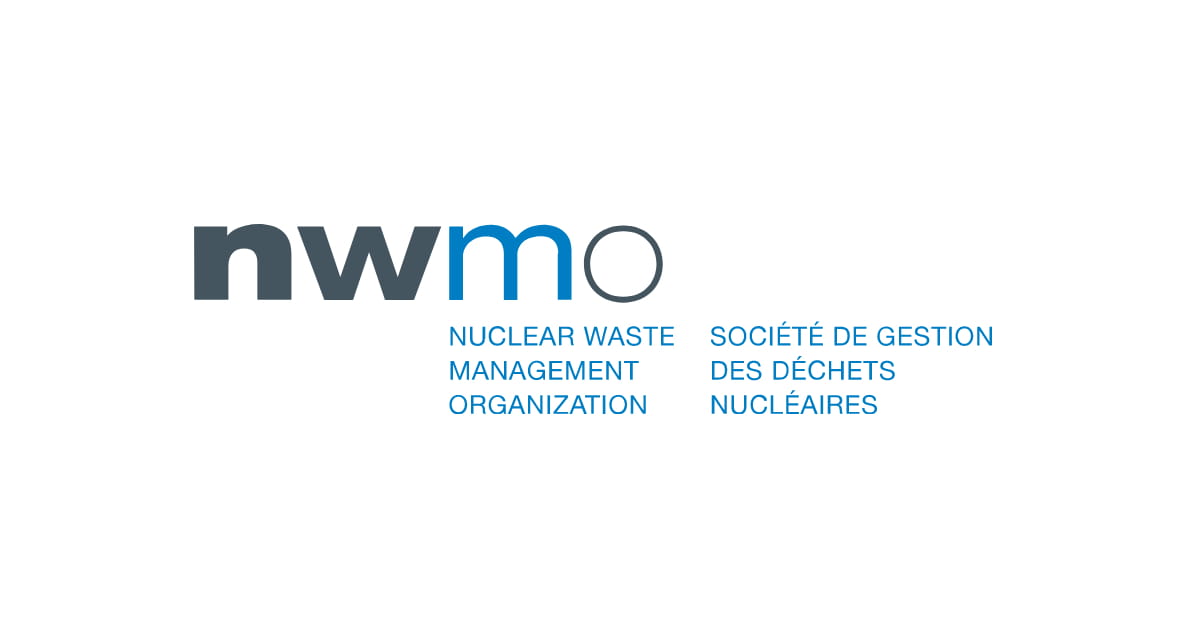In speaking about the context of the film, Danish director Michael Madsen said, "This problem of a hundred thousand years, and how to act responsibly, may exceed what is possible for us humans to grasp." [San Francisco Chronicle – May 30, 2011]
We do not live in a risk-free world. What poses risk and how risk should be addressed are decisions that are influenced by societal considerations. That is why Adaptive Phased Management is a socially directed process that builds upon and directs the large body of high-quality scientific and technical work being amassed on used nuclear fuel management. We are moving towards a deep geological repository in a way that is transparent and inclusive; a way that involves scientists, technical specialists and also citizens in decision-making at every step.
We are contemplating designing and licensing a system to last for periods longer than recorded history. Moving forward with a responsible plan is consistent with the sentiments and values expressed by Canadian society; namely, this generation that has enjoyed the benefits of nuclear energy has an obligation to begin provision now for managing the waste that is produced. This generation does not wish to leave as a legacy the burden of managing the used fuel we have created. There has been a strong sentiment expressed that we should not bequeath hazardous wastes to future generations without also giving those generations the capability to manage the waste in a safe and secure way. Putting in place a plan for the long-term management of used nuclear fuel is a testament to our ability and willingness as a society to protect people and the environment, far into the future.
“What we can do is plan for the foreseeable future, act responsibly and confidently with the best science and technology in hand. What we must not do is pretend that we have all the answers for all time. A measure of humility will be essential as we move cautiously but surely toward the goal one step at a time.”

